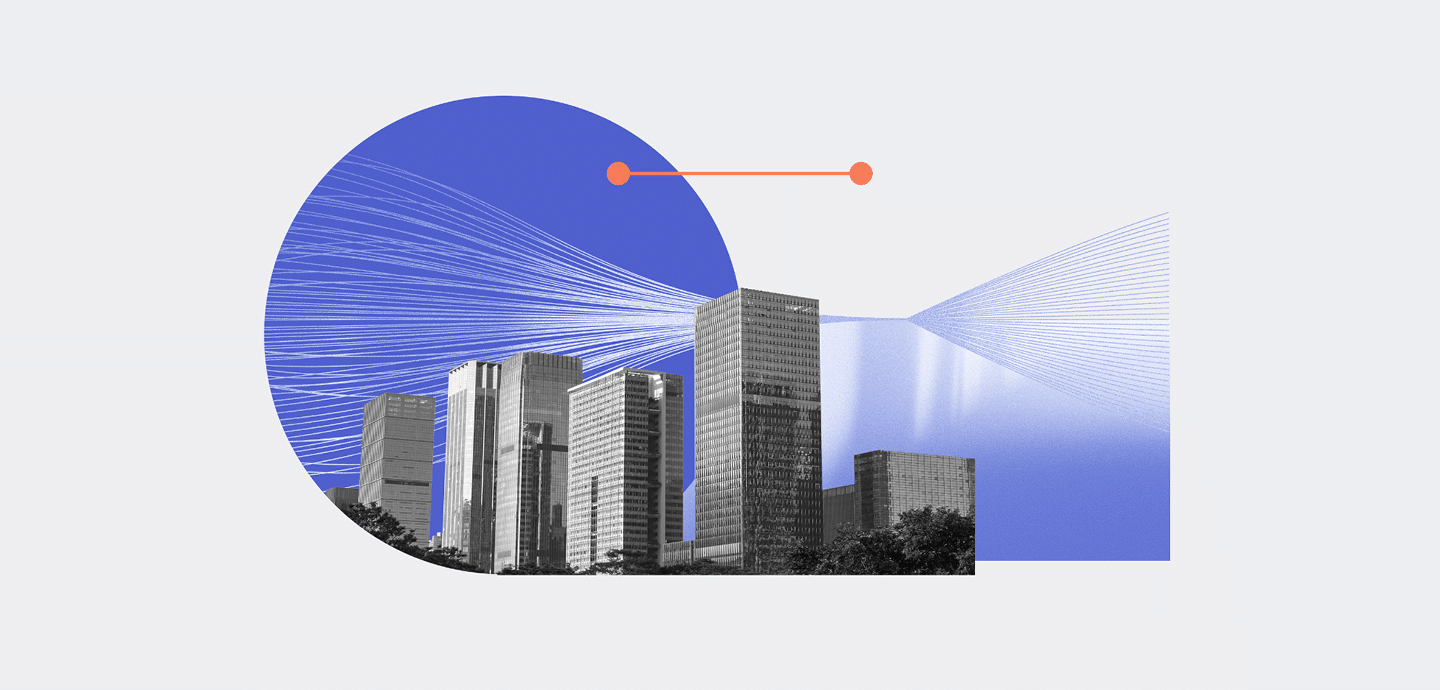
Building Cyber Resilience: The Essential Role of ISO 27001 in Modern Business
Table Of Contents:
As organisations rely increasingly on digital systems to store and process data, they will inevitably face growing threats from cyber-criminals seeking to infiltrate networks and steal sensitive information. At the same time, data breaches can severely damage corporate reputation and the bottom line. This makes it essential for organisations to have robust information security practices in place. It’s no longer a question of “if” but “when” a cyber-attack will occur. According to one estimate, a staggering 8.2 billion records were breached globally in 2023 alone.
Against this backdrop, the ISO 27001 standard has become the globally recognised framework for managing information security risks. With rigorous compliance, it will help organisations build resilience and adapt to the future of data protection.
Emerging Trends in Information Security
As digital transformation accelerates, organisations will adopt new technologies that promise greater efficiency and innovation but also introduce new cyber risks.
Quantum computing could undermine current encryption methods by enabling threat actors to crack codes exponentially faster. As quantum computing matures, organisations need to prepare now for its impact on data security. Upgrading to quantum-resistant cryptographic algorithms and other mitigation strategies will be essential to safeguard sensitive information in the quantum era. Staying ahead of this emerging threat will require information security professionals to gain expertise in quantum-safe encryption.
The Internet of Things (IoT) introduces convenience but also risk, as more smart devices connect to networks without robust built-in security. Many IoT devices lack basic security features, making them potential entry points for cyber-attacks. Attackers can exploit these insecure IoT access points to infiltrate wider systems and steal sensitive data. Securing billions of connected devices worldwide is an urgent challenge.
As cloud adoption expands to support greater business agility and efficiency, companies must ensure they understand and implement cloud security best practices around access controls, data encryption and continuous threat monitoring.
Security Technologies Driving Change
Behind the emerging trends, innovative technologies are poised to transform cyber-defence across industries. They include:
Blockchain:
Relies on decentralised, distributed ledgers to secure transactions and ensure data integrity. The tamper-proof and distributed attributes of blockchain can be harnessed to verify identities, prevent data manipulation and reduce ransomware risk.
Biometric authentication:
Fingerprints, facial recognition, iris scans and more are being integrated to verify access attempts, reducing reliance on basic passwords.
Threat intelligence platforms:
By continuously ingesting data from across IT environments, these platforms use risk scoring, attack pattern tracking and other analytics to identify the latest external and internal dangers. Security teams can prioritise their efforts and deploy targeted controls proactively.
DevSecOps:
Security checks, testing and remediation happen at each stage of coding, delivery, and deployment rather than just at the end, reducing risk.
Zero Trust approaches:
These will become increasingly relevant as companies transition away from traditional network architectures to more fluid cloud-centric environments. Zero Trust assumes no implicit trust, requiring continuous authentication and strict access controls to limit lateral movement within systems.
Together, these technologies are driving better data on threats, enhanced identity management, secure software development and other advances. Harnessing them effectively will determine which organisations can outmanoeuvre attackers in the years ahead.
ISO 27001 and Adaptation
ISO 27001 can help here by providing a holistic framework for assessing risks, protecting critical assets and monitoring threats—while also enabling organisations to adapt to emerging technologies and threats.
Central to the standard is its risk-based approach. ISO 27001 mandates performing comprehensive assessments to identify information security vulnerabilities. Organisations can then target controls at priority risks first while efficiently allocating resources. As new technologies introduce fresh attack vectors, ISO 27001’s risk framework enables the organisation to evaluate and address these changes proactively.
Equally important is ISO 27001’s emphasis on continuous improvement. With regular audits, testing, monitoring and reviews, management can ensure information security defences stay updated against the evolving landscape. They can modify controls, contingency plans and access rights as needed rather than relying on point-in-time compliance.
This framework also aligns well with leading-edge trends in cybersecurity. ISO 27001’s guidance supports the adoption of innovations like Zero Trust, AI-based threat intelligence and biometrics-enabled authentication. It provides flexibility to leverage new safeguards while ensuring they integrate with rigorous policies, procedures and risk management.
With ISO 27001 as an adaptive security baseline, organisations can pursue digital transformation initiatives without compromising on protection. Compliance also brings accountability across all levels of the organisation. From C-suite leadership to rank-and-file employees, everyone contributes to identifying, communicating and mitigating information security risks. This culture of vigilance is tomorrow’s best defence against cyber threats.
Challenges and Opportunities
However, organisations could still face hurdles in implementation. Transitioning to this new security paradigm requires upfront investment in resources and staff training. Conducting extensive risk assessments across the IT infrastructure and services takes time and expertise. Strict access controls and multi-factor authentication may impact user convenience and productivity initially. Managers will need to communicate these changes effectively throughout the organisation.
Once implemented, the standard mandates extensive, ongoing auditing, monitoring and remediation. Budgeting for qualified information security staff and tools is essential. The cultural shift towards proactive security and risk management also takes concerted effort and persistence. However, these challenges pay long-term dividends in growth and resilience.
Effective information security can empower businesses to fully leverage advanced systems and data analytics. With robust ISO 27001 compliance, organisations can confidently pursue IT innovations that would otherwise create excessive cyber risk. Protecting critical information builds customer and partner trust, unlocking new opportunities for revenue growth. Embedding security and risk awareness across all decision-making also boosts operational resilience.
By taking a proactive stance on information security, organisations can strengthen competitiveness for the digital age while preventing potentially catastrophic data breaches. Combining new technology with forward-looking standards and workforce training is the way to tackle emerging threats and thrive well into the next decade.
Change is Constant
As the past decade has shown, the only constant in information security is change. Threats, technologies and vulnerabilities continuously evolve in today’s highly connected world. ISO 27001 provides an adaptive framework so organisations can keep pace with this ever-shifting landscape. By taking a risk-based approach, mandating continuous improvement and aligning with leading-edge advances, the standard drives resilience.
With innovations like Zero Trust Architecture, AI-powered analytics and biometrics transforming cyber defence, the coming decade will bring even greater disruption. Strict data protections will determine which businesses customers and partners can trust. To build that trust and securely unlock future growth, organisations should consider proactively prioritising ISO 27001 implementation.




